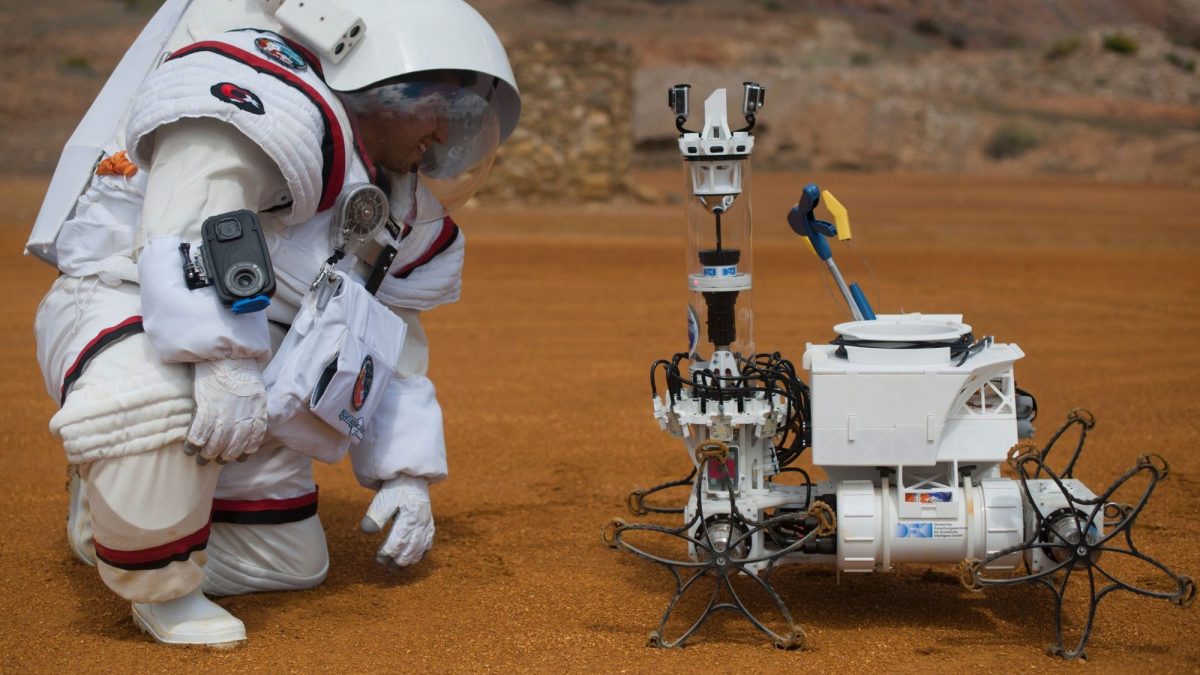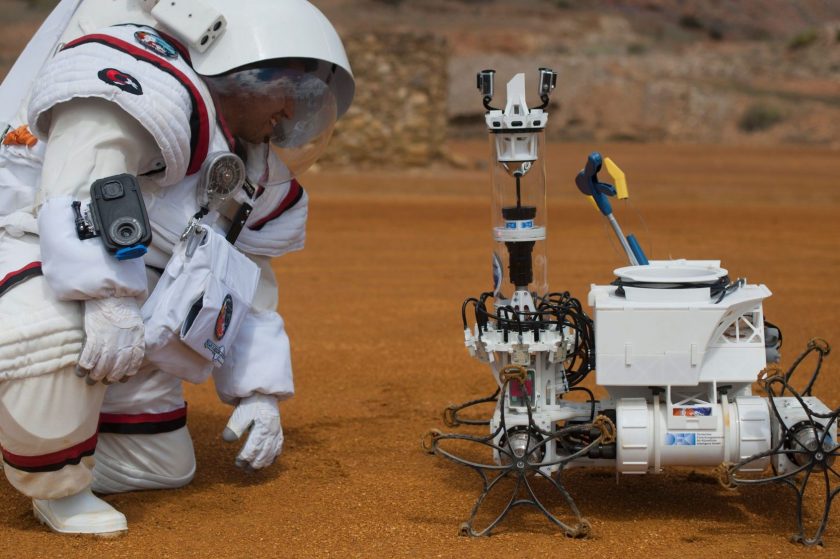
NASA and Elon Musk’s SpaceX company both have the exploration of Mars as immediate goals, and there’s been a lot of talk about how soon (if ever) we can send manned missions there.
But what would that entail, exactly? And are any of us tough enough to survive it? FiveThirtyEight wrote an article on the subject recently, and we’ve identified three very important traits for enduring a journey out to Mars.
1. Get healthy
Physical fitness has long been a prerequisite for astronauts; as it turns out, space is hell on the human body. Time spent in zero gravity depletes bone mass and causes fluid to collect in the brain, which causes vision problems. Without the protection of Earth’s atmosphere, astronauts are surrounded by solar and cosmic radiation, which wreaks havoc on both DNA and brain cells.
Knowing all that, the first thing Mars enthusiasts should do is get as physically fit as possible. The rigors of space travel can’t be avoided, but the healthier you are, the better you’ll be at withstanding and enduring them.
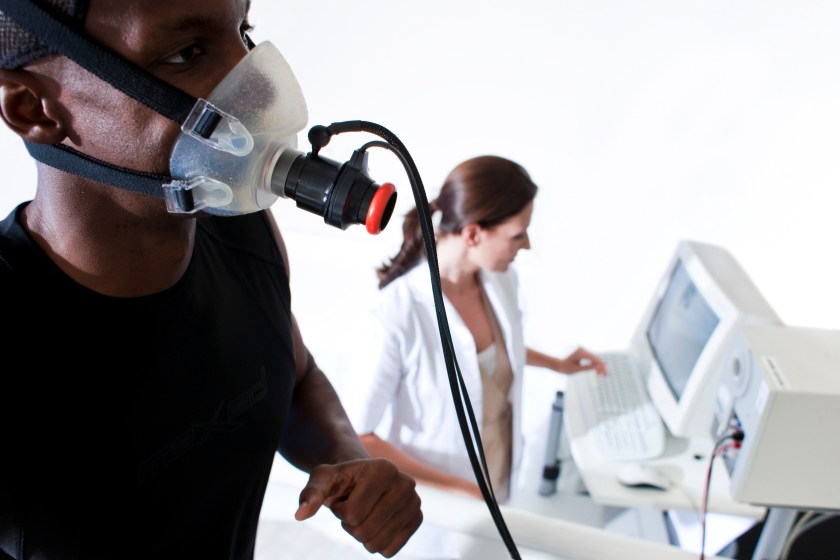
2. Don’t be a jerk
Space shuttles are cramped, less-than-comfortable environments, and most Mars missions would be sending very small groups out there. As a result, candidates for such a journey would be considered based on observed conscientiousness, agreeableness, open-mindedness, and level-headedness, especially during disagreements. Being overly aggressive, stubborn, or argumentative might be advantageous on Earth sometimes, but it’s not terribly helpful in space. Remember, you’d be on this mission with these people for at least two years. Too many personality clashes could jeopardize it.
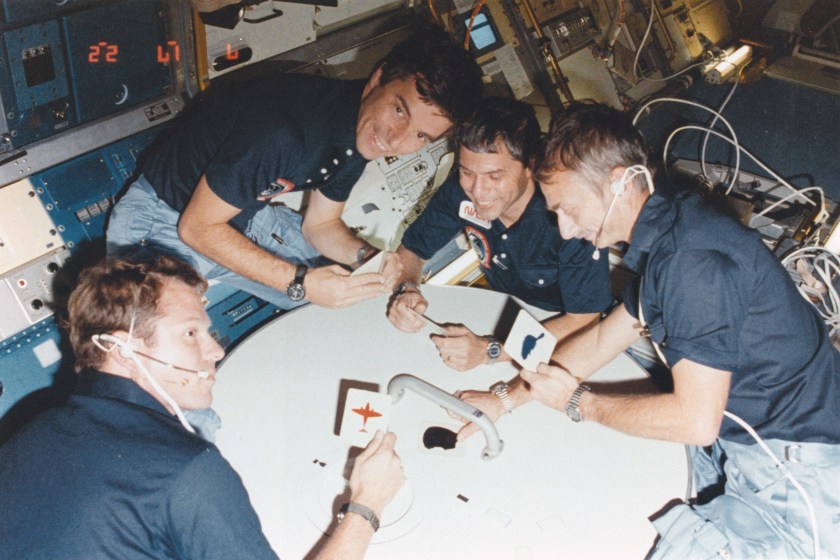
3. Know how to entertain yourself
Space travel is, above all else, isolating. A certain tolerance for boredom during the long transit time is key, as is being able to find purpose in whatever tasks are assigned to you. Keep in mind that space travel is a complete disconnection from Earth–not just the people and comforts, but more basic stuff like the weather and landscapes–and people headed to Mars won’t even be able to see our planet for long stretches of time.
It’s hard to predict any one astronaut’s psychological response to that, but the ability to enjoy and be energized by solitude might serve you well in such an environment. An ability to throw oneself into work would be helpful, too; in simulations, astronauts did everything from preparing food to testing equipment, and even performed geological field work.
With all that said, it’s unlikely that anyone is going to Mars anytime soon. Elon Musk is giving himself a 2022 deadline for launching a manned Mars mission, and even that seems unrealistic (here’s why). But with a renewed interest in space travel and growing concerns about climate change, the possibility is certainly worth considering.
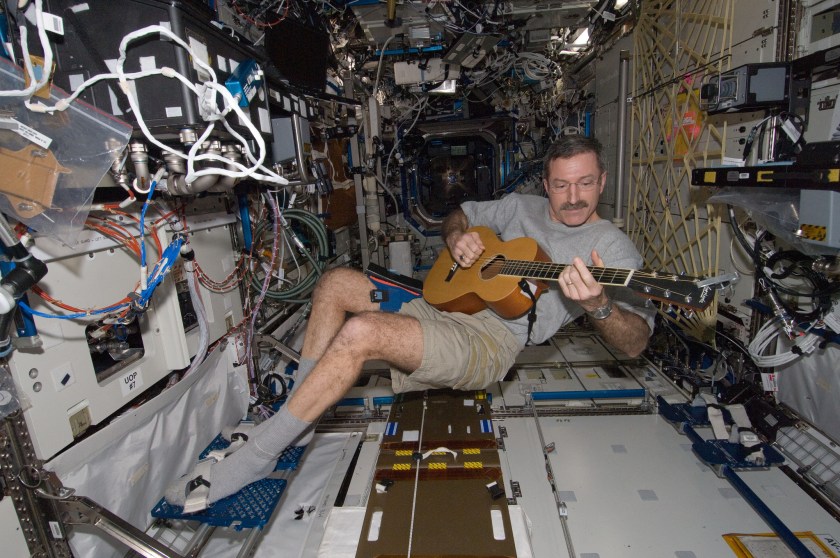
This article was featured in the InsideHook newsletter. Sign up now.
